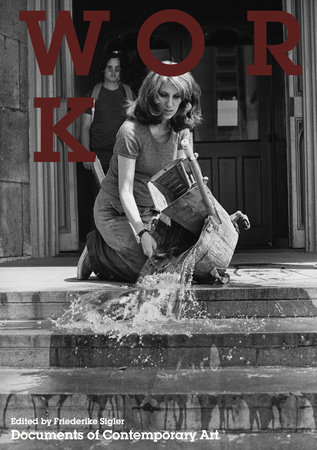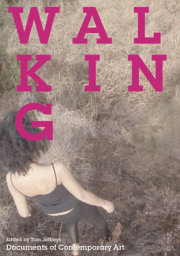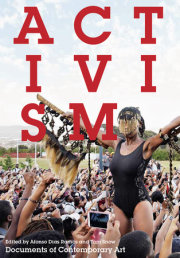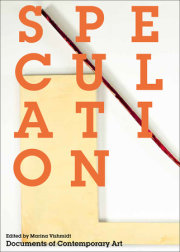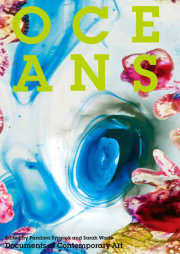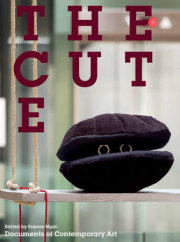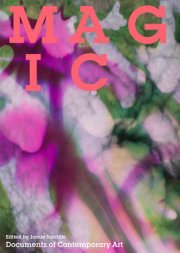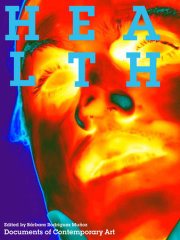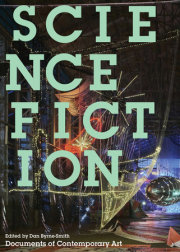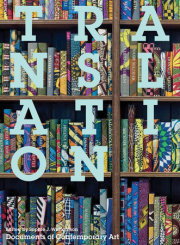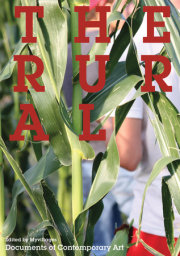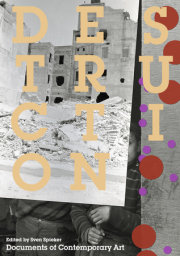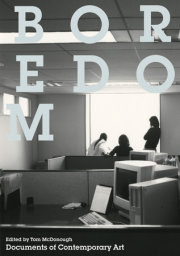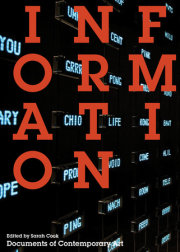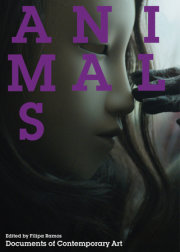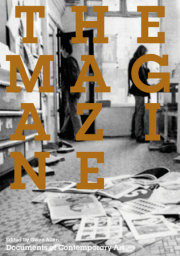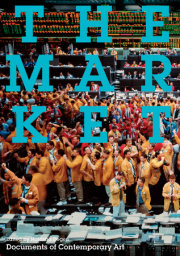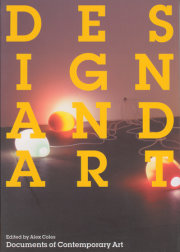Work's meaning both within art and in its wider economic and social context: the complexities of being an art worker in the new economy.Warhol's Factory of the 1960s, Minimalism's assembly-line aesthetics, conceptual and feminist concern with workers' conditions in the 1970s—these are among the antecedents of a renewed focus on the work of art: labor as artistic activity, as artistic method and as object of artistic engagement. In 2002, the “Work Ethic” exhibition curated by Helen Molesworth at the Baltimore Museum of Art took its cue from recent art to spotlight this earlier era of artistic practice in which activity became as valid as, and often dispensed with, object-production. Revealed through this prism was “dematerialized” art's close and critical relation to the emergent information age's criteria of management, production and skill.
By 2015, the Venice Biennale reflected artists' wider concern with global economic and social crises, centered on exploitative and precarious worlds of employment. Yet while art increasingly engages with human travail, work's significance in itself is seldom addressed by critics. This anthology explicitly investigates work in relation to contemporary art, surveying artistic strategies that grapple with the complexities of being an art worker in the new economy, a postproducer, a collaborator, a fabricator, a striker, an ethical campaigner, or would-be transformer of labor from oppression to liberation.
Artists surveyed include
Pawel Althamer, Francis Alÿs, Marwa Arsanios, Chto Delat, Alice Creischer, Ana de la Cueva, Anne Teresa De Keersmaeker, Jeremy Deller, Maria Eichhorn, Harun Farocki, Claire Fontaine, Andrea Fraser, Liam Gillick, Melanie Gilligan, Gulf Labour Coalition, Tehching Hsieh, Lamia Joreige, Lee Lozano, Goshka Macuga, Teresa Margolles, Adrian Melis, Annette Messager, Gustav Metzger, Jean-Luc Moulène, Ahmet Ögüt, Philip Rizk, Martha Rosler, Tino Sehgal, Santiago Sierra, Tamas St. Auby, Mladen Stilinovic, W.A.G.E., Artur Zmijewski
Writers include
Claire Bishop, Luc Boltanski, Julia Bryan-Wilson, Sabeth Buchmann, Ève Chiapello, Kodwo Eshun, Silvia Federici, Isabelle Graw, Maurizio Lazzarato, Achille Mbembe, Antonio Negri, Jacques Rancière, Gerald Raunig, Dietmar Rübel, Paolo Virno, Joseph Vogl

